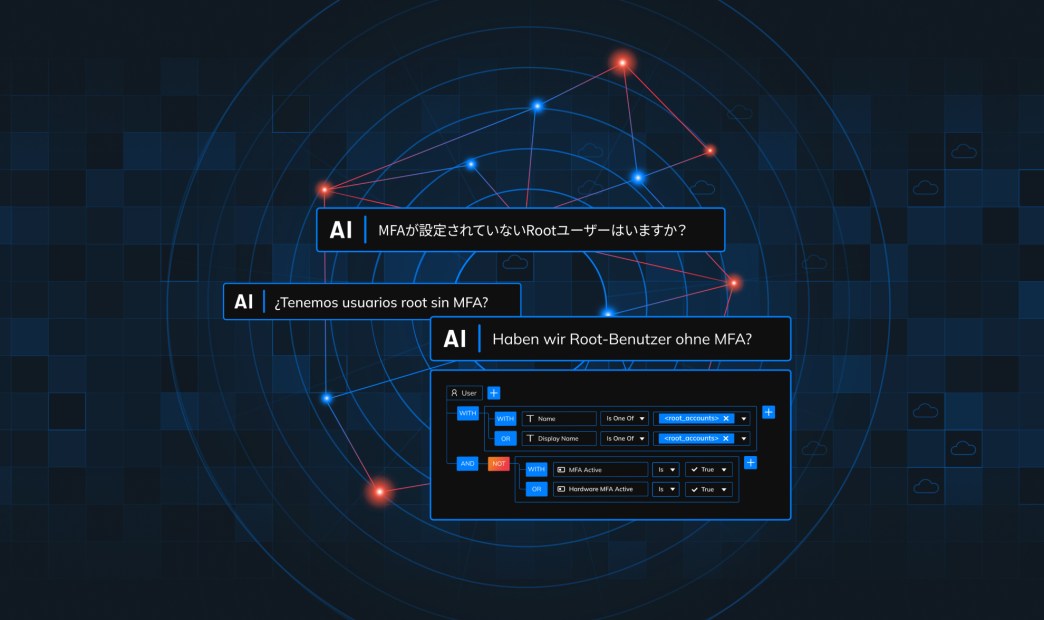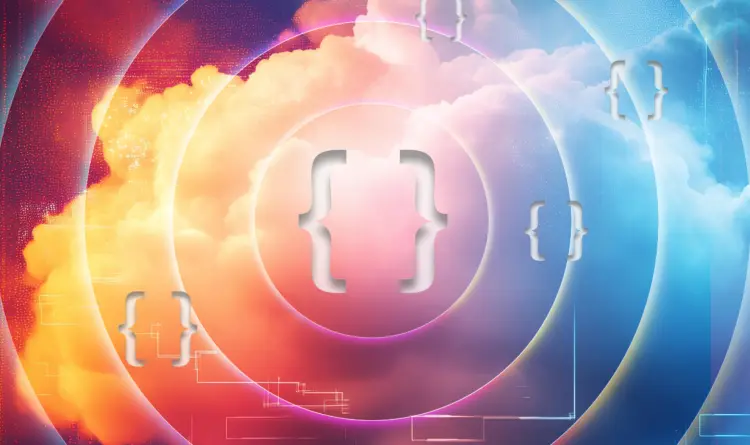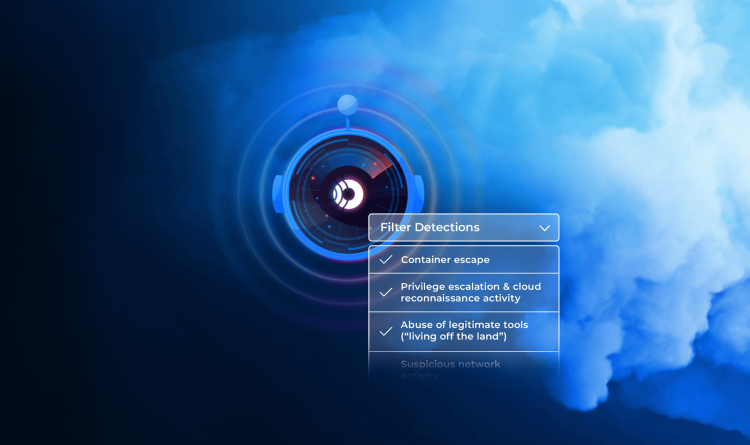Cloud security should be accessible to everyone. That’s especially true as organizations see their workforces become more diverse and geographically dispersed, with teams collaborating across multiple locations, functions, skill and knowledge thresholds – and even languages.
After being the first cloud security platform to integrate ChatGPT, we’ve been continuously innovating to harness generative AI to help customers be more productive and secure. That’s why we’re pleased to announce an exciting enhancement to our AI-powered cloud asset search leveraging OpenAI’s latest AI model GPT-4o. Powered by GenAI and designed to democratize and simplify cloud security, Orca’s AI-powered search allows users to search for cloud assets by asking questions in plain, everyday language.
While the feature previously supported queries in English and had basic support for other languages, the latest improvement enables users to search their cloud assets in the more than 50 different languages supported by GPT-4o – with the same accuracy as English searches. The list of languages is extensive and ranges from Portuguese and Albanian to Chinese and Japanese. As a result, Orca’s AI search moves beyond just democratizing cloud security with GenAI, but globalizing it too. Alas, Star Wars’ fans, Galactic is not yet supported, but pretty much everything else is.
In addition to GPT-4o’s improved language capabilities, GPT-4o also delivers significantly improved response times, helping AI-powered cloud asset searches on the Orca Platform run even faster.
What is GPT-4o?
OpenAI’s GPT-4o, also known as GPT-4 Omni, is a variant of the GPT-4 architecture, designed to be more accessible and user-friendly for a wider range of applications. It aims to balance powerful language processing capabilities with enhanced transparency and customization options, making it easier for developers to integrate into various projects.
How Orca leverages Azure GPT-4o to support multilingual AI search
Whereas the Orca Platform already supported AI search in several languages, by leveraging OpenAI’s latest model GPT-4o, Orca has now been able to increase the number of supported languages to 50+ and considerably increase the response times of searches.
This latest enhancement comes after we carefully monitored the questions users posed in our AI-powered search option. We observed a clear pattern of multilingual queries and saw the opportunity to make the feature even more accommodating with the GPT-4o integration.
Benefits of multilingual AI search
With the new enhancement, more users can realize the full benefits of AI-powered Search, which include:
- Reduced learning curve: AI-powered search eliminates the need to learn a new query language or the different naming conventions of cloud security providers, instead allowing users to query in their language of choice.
- More accurate searches: With the ability to search in their language of choice, users can ask more precise questions to increase the quality of AI searches.
- Lower skill thresholds: Whereas previously searches required a more advanced skill level, by supporting intuitive, plain language questions, Orca has drastically lowered the threshold.
With critical zero day threats making a frequent appearance, speed is of the essence. By allowing teams to search their cloud environment in their native language the accuracy is greatly improved and mean time to remediation (MTTR) can be significantly lowered, leading to reduced cloud risk for organizations.
Example 1: Searching cloud assets in Portuguese
For example, if Portuguese is your native language, you can now easily find the root accounts in your AWS environment that lack MFA by asking, “contas roots sem mfa aws” (which translates in English to “root accounts without MFA aws”).
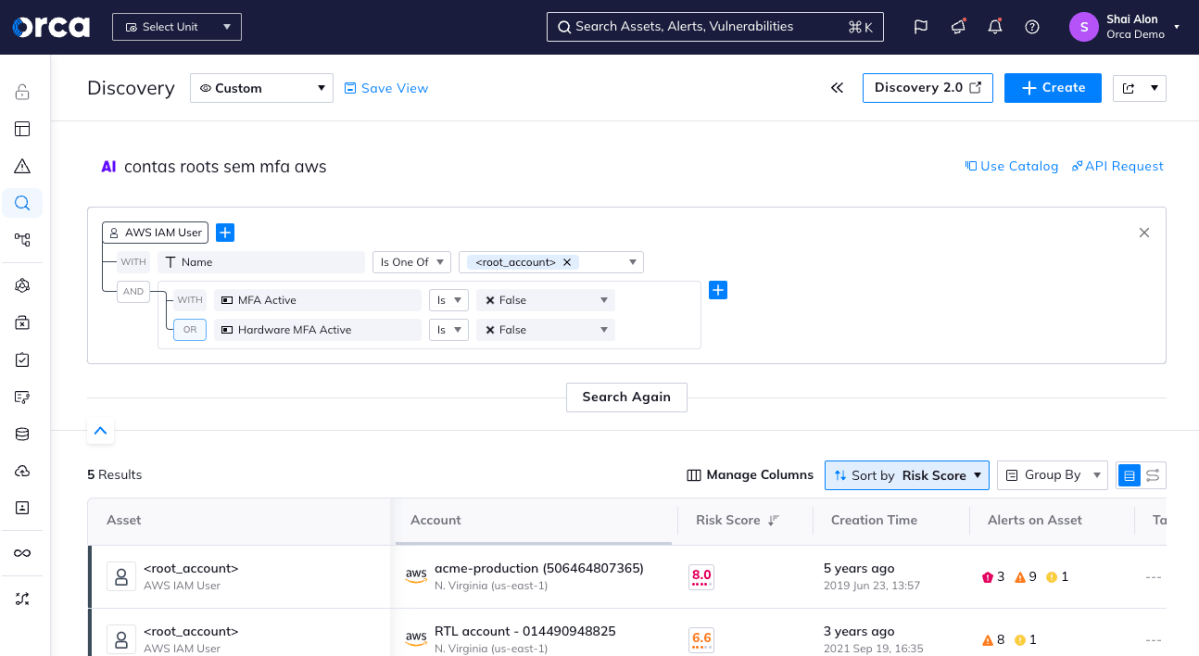
Example 2: Performing a search in Spanish
Similarly, if your preferred language is Peninsular Spanish, you can query, “Muestrame las alertas cerradas desde el 1 de enero de 2024” to find the alerts in your cloud estate that have been closed since January 1, 2024.
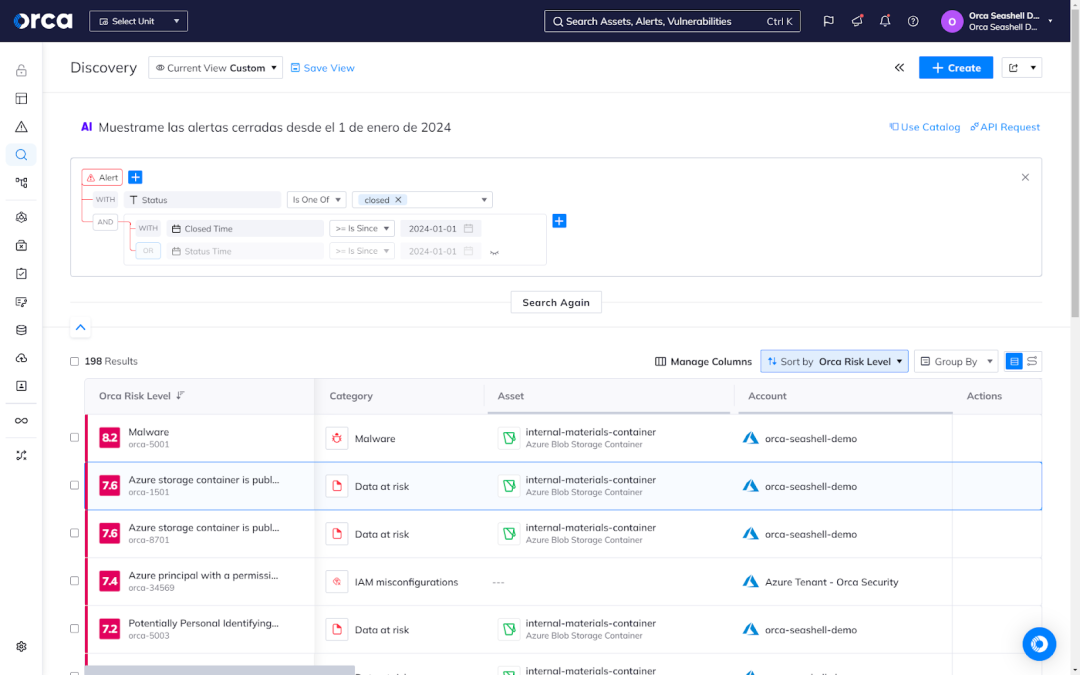
Example 3: Finding detected unusual behavior in Japanese
Using Orca’s AI-powered Search feature, you can easily search for alerts of detected anomalous activity in Japanese by typing, “普段とは異なる挙動や振る舞いを検出したアラート一覧” (“List of alerts that detected unusual behavior”).
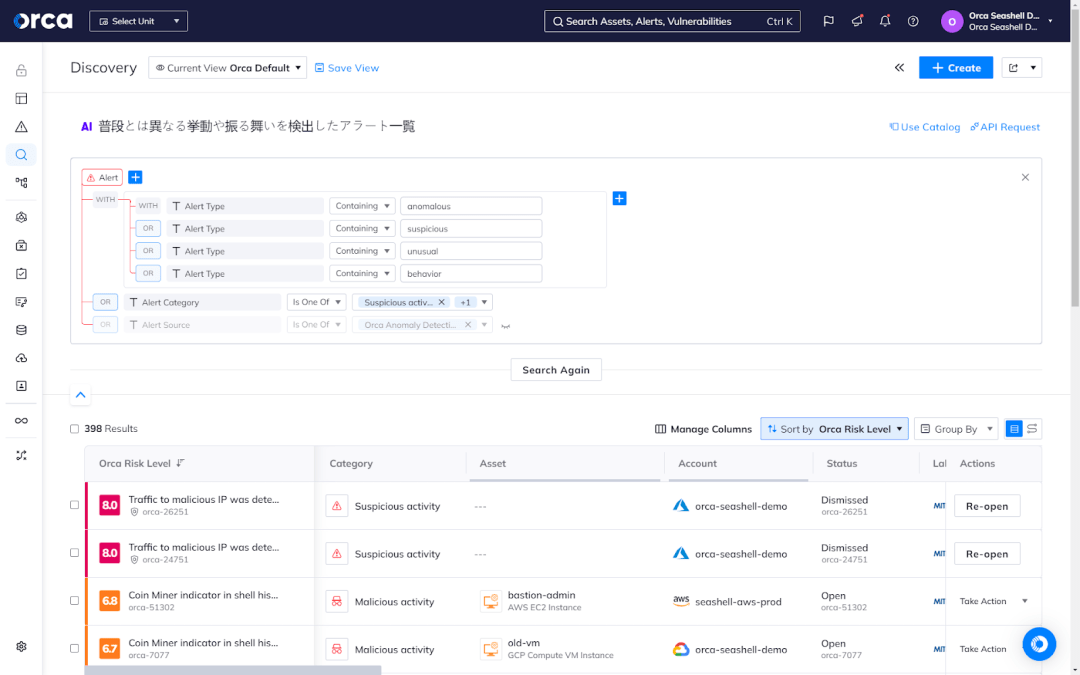
Example 4: Asking questions in Chinese
You can also find cloud assets with limited disk usage in Chinese by typing, “磁盘使用率低于30%的资产” (“Assets with disk usage less than 30%”).
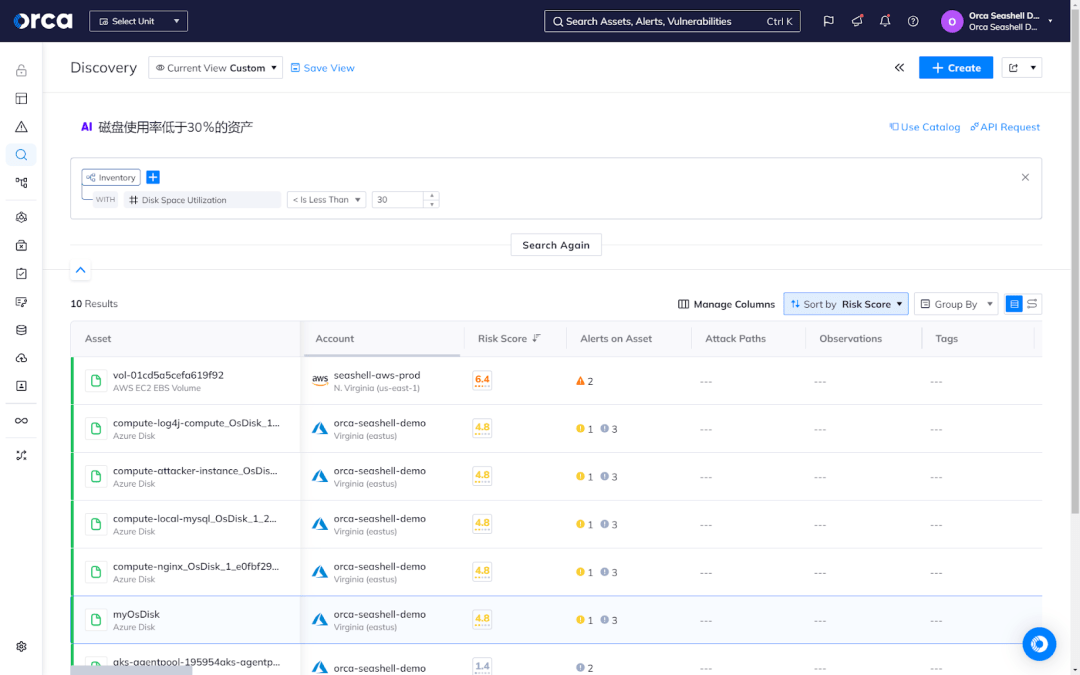
Example 5: AI-powered search in Hebrew
Additionally, you can search in Hebrew for any cloud assets with vulnerabilities older than 90 days by typing, “יש לנו בענן אסטים עם חולשות בנות יותר מ 90 יום?” (“Do we have assets with vulnerabilities older than 90 days”).
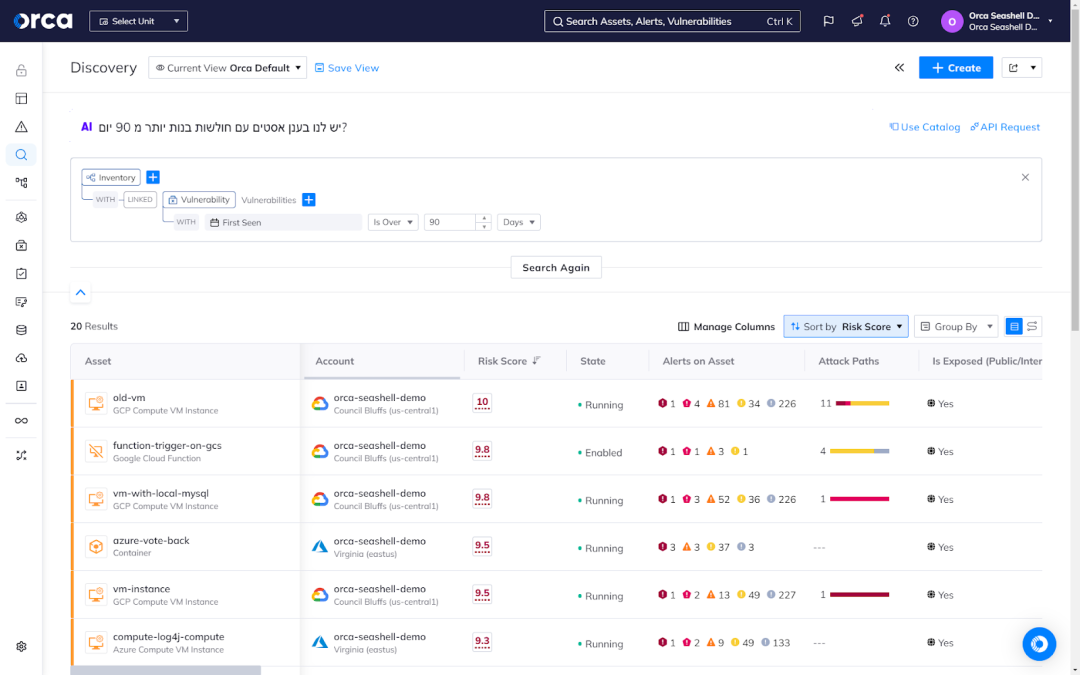
About the Orca Cloud Security Platform
The Orca Cloud Security Platform identifies, prioritizes, and remediates security risks and compliance issues across the cloud estates of AWS, Azure, Google Cloud, Oracle Cloud, Alibaba Cloud, and Kubernetes.
Orca offers an agentless-first approach that leverages its patented SideScanning™ technology to provide full coverage and comprehensive risk detection, identifying vulnerabilities, misconfigurations, malware, lateral movement, API risks, sensitive data risks, AI risks, overly permissive identities, and more. Unlike other solutions that loosely integrate multiple point solutions or require agents, Orca delivers comprehensive cloud security in a unified platform.
Learn more
If you want to see how Orca leverages AI to automate and accelerate critical cloud security tasks for your teams, schedule a personalized 1:1 demo. We’ll show you how Orca’s AI-powered features enhance search performance, remediation, IAM policy optimization, and more.

